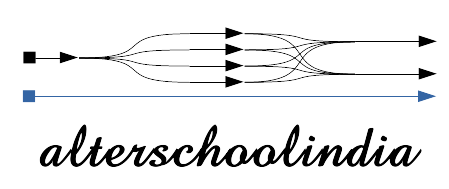A rational argument is the exchange of evidence-based reasons that are designed to influence an audience. Rational argumentation is the capacity to give reasons; to connect the claims that one makes to the justification for making them. The reasons offered within an argument are called “premises”, and the proposition that the premises are offered for is called the “conclusion”. Within arguments, people construct statements that can be used to support a conclusion or position on a matter this is uncertain or yet to be decided, hoping to influence others to adhere to their position. When people speak to each other or to a crowd they make certain claims, they make statements and construct a case that they believe in and that they would like for others to believe also.
Consider a discussion wherein 'A' claims to 'B' about how the moon landing was faked to make the USSR spend more money on space exploration rather than military and general economy, to which B would counter-argue stating all that A said to be false. At this point, both A and B are having an irrational argument as nobody has evidence to claim what they stated to be right. However, if B proceeds to present factual data and photographs with a NASA attested report on the same, or perhaps even some video footage made on the lunar surface, the argument would become rational. Evidence based claims are rational in nature which also are backed by logic. In the given example, the video footage and the factual data are the “premises” and the statement, “the 1969 moon landing was genuine” is the “conclusion”.
Dialectic, in the general sense, refers to the development of knowledge through questions and answers. A rational argument is a form of dialectic process in that the participants in an argument hold mutually exclusive views; they believe that the claims they make cannot both be true in some way and they seek to find a combined resolution through a collective process of reasoning; which is the argument.
For the same lunar landing example, although both individuals have exclusive claims of the landing being fake and it being genuine, they both ultimately seek for truth. The factual data and videos provided by B to A might help A reach the actual truth from what he previously believed to be true (without any evidence).
- [Blockquoted parts] extracted from Rational Argument, Complexity Labs as in June 2018


 Got any questions?
Got any questions?